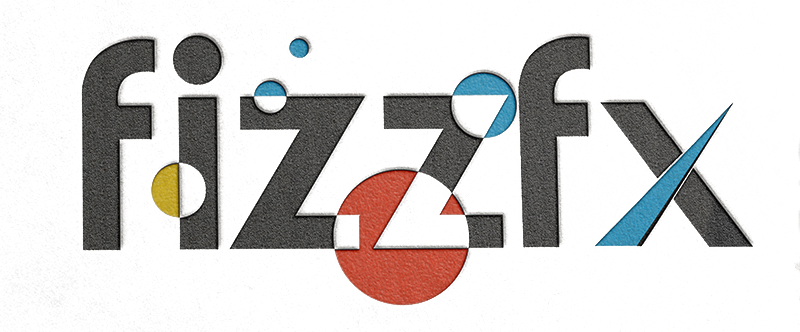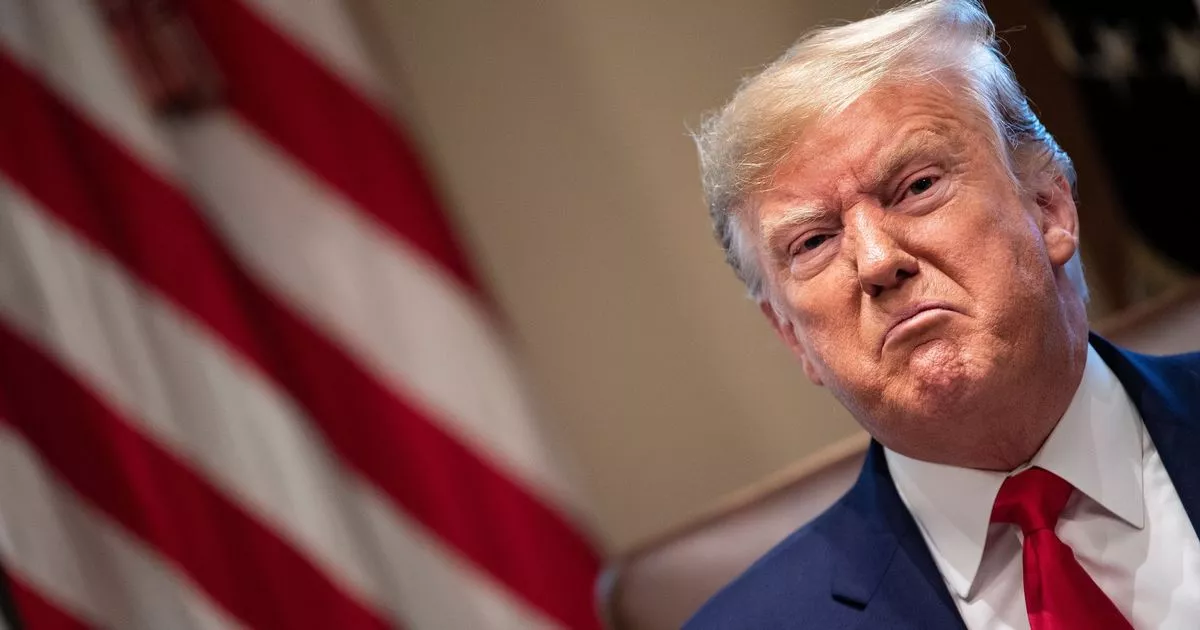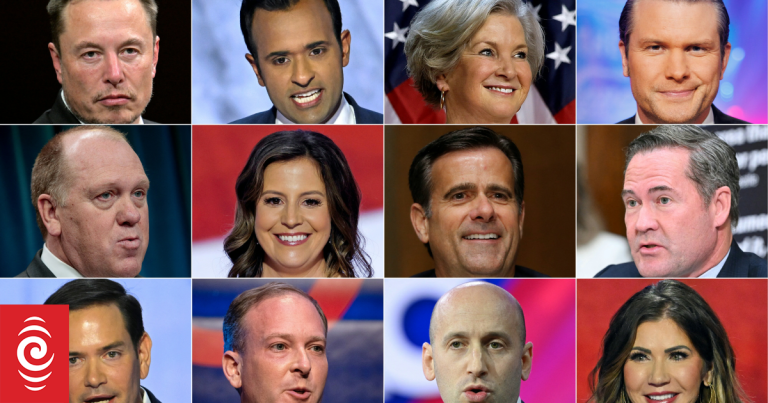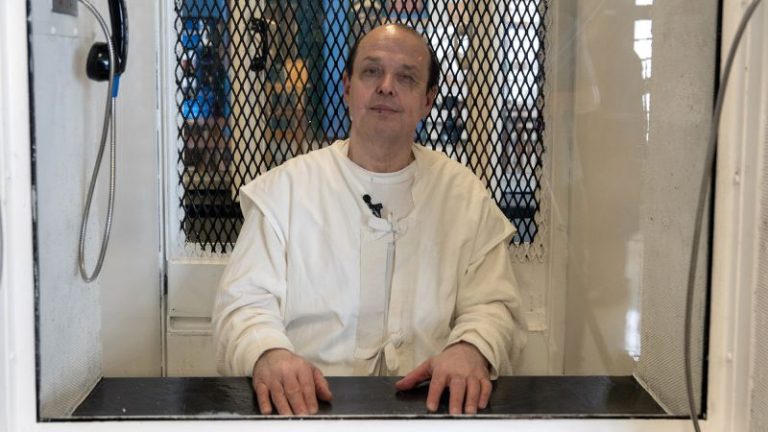When you think about what signals Donald Trump’s cabinet picks send, it becomes clear that they reflect a paradigm shift in the priorities of a presidential administration. Unwavely loyalty to the president is at the top of the list, outweighing even expertise, competence, and service to the public interest.
This narrative is not entirely unexpected, given the deeply personal and character-driven nature of Trump’s presidential run. His ascendancy to the presidency was marked by a wave of populist fervor that rode upon his charismatic persona, rather than policy-heavy rhetoric or demonstrable governance expertise. This focus has continued into his time in office, with cabinet selections mirroring his own unconventional approach to politics.
Critics within and outside the Republican party have voiced concerns that controversial figures being appointed to these high-ranking positions reflect the president’s desire for unquestioned allegiance, rather than looking for a balanced governance or policy expertise. It is his remarkable blend of brand-name recognition, brazenness, and a seemingly instinctual flair for controversy that binds his administrative choices.
On the surface, this staunch commitment to personal loyalty might appear beneficial. After all, a unified front within the administration prevents public dissonance and chaotic communication. It’s easier to steer the ship when everyone is rowing in the same direction. Yet, an overemphasis on loyalty can mute critical internal dialogue needed for effective policy-making process. Decision-making, it seems, is dictated not by in-depth knowledge of the subject matter, nor a nuanced understanding of socio-political dynamics, but by alignment with Trump’s personal views and political agenda.
Take, for example, Betsy DeVos, Trump’s pick for education secretary. A billionaire philanthropist with no background in public education, DeVos seemed an unusual choice for the position. Her support, however, for school vouchers and charter schools—favored by Trump—likely played a big role in her selection. Despite valid concerns over her suitability, her alignment with Trump’s vision of “school choice” won her the nomination.
Similarly, Scott Pruitt, Trump’s pick for the Environmental Protection Agency (EPA), caused uproar given his history of suing the very agency he was tasked to lead. His appointment was seen more as a loyalty to Trump’s deregulation agenda than his ability or willingness to protect the environment. Critics argue Pruitt’s appointment to the EPA signaled not the importance of expertise, but the dominance of politically motivated decision-making.
Trump’s selection of cabinet members and high-ranking officials clearly embodies the Trump first principle, with personal loyalty emerging as the overriding qualifier. No amount of controversy, lack of experience or public backlash appears disruptive enough to shake this norm.
However, an administration managed through an allegiance-check, rather than objective policy assessment, risks alienating experts and informed policy-makers whose views may contradict the president’s. This leads not only to a potential void in policy formulation but also risks erosion of public trust and efficient governance.
In conclusion, while Trump’s approach evokes echoes of a corporatist model of decision-making where the CEO’s vision is paramount, the marked shift towards prioritizing loyalty over expertise and public interest may have profound implications for American democracy. It shifts the balance away from collective decision-making and system checks, fostering a culture of loyalty that could possibly undermine long-established norms of democratic governance.



